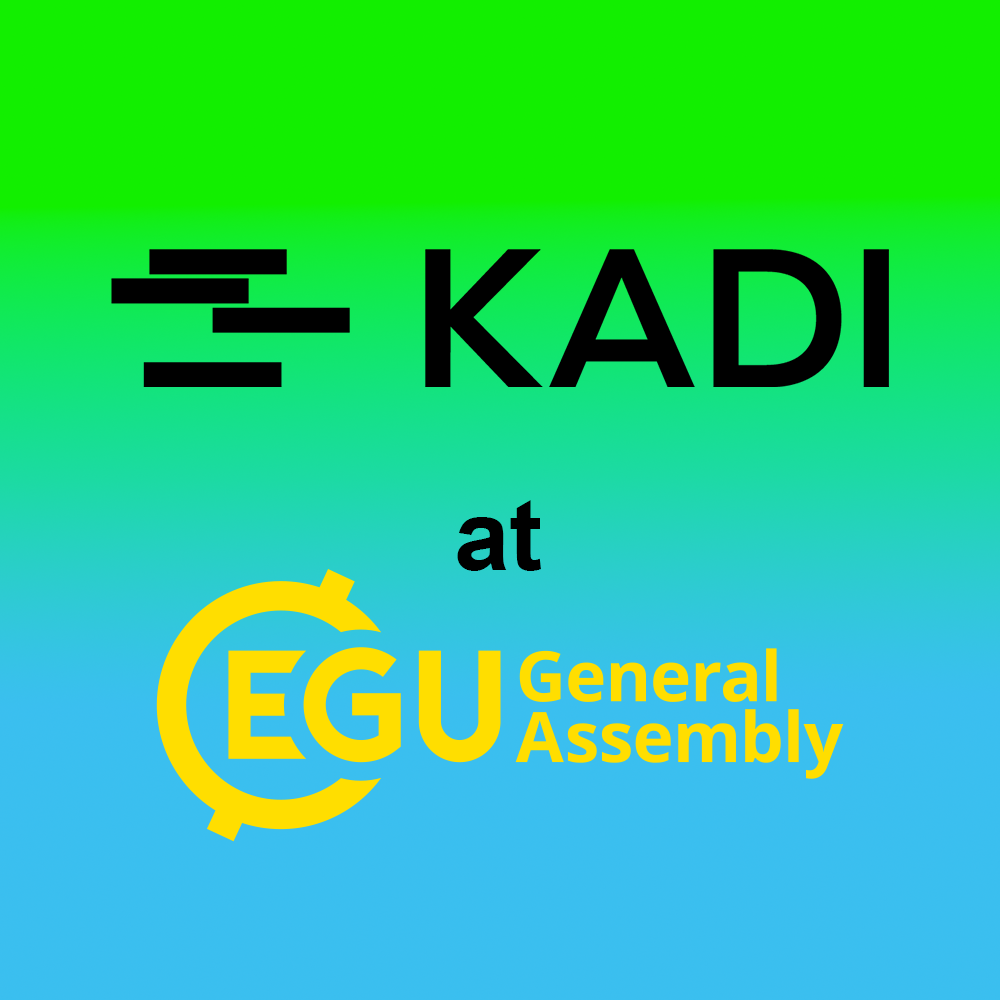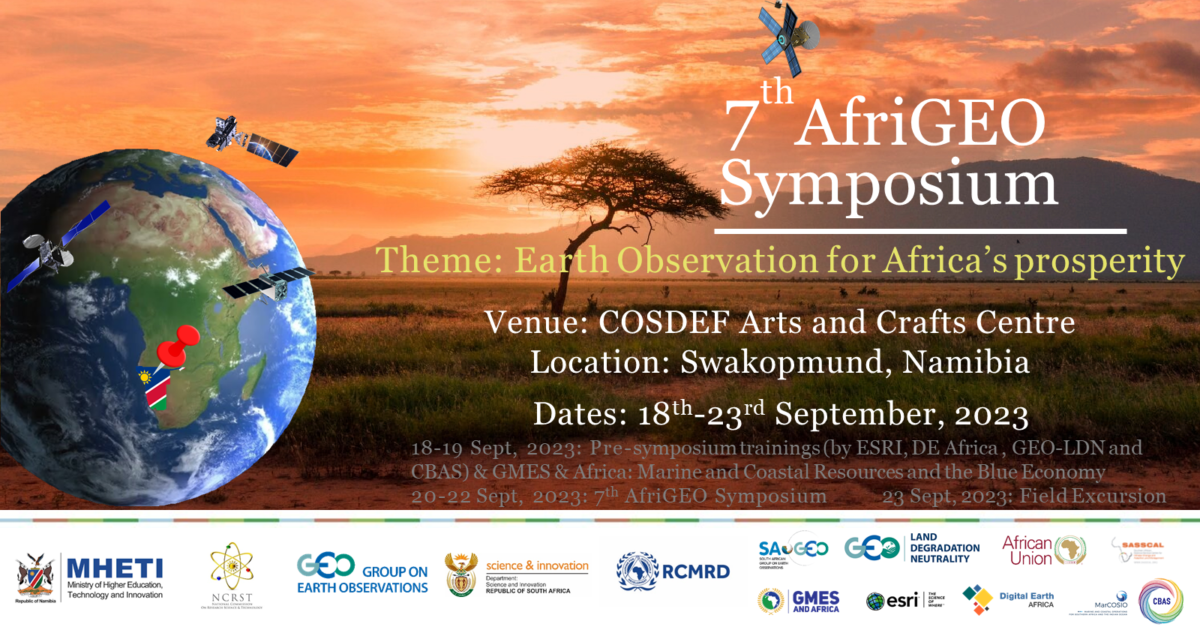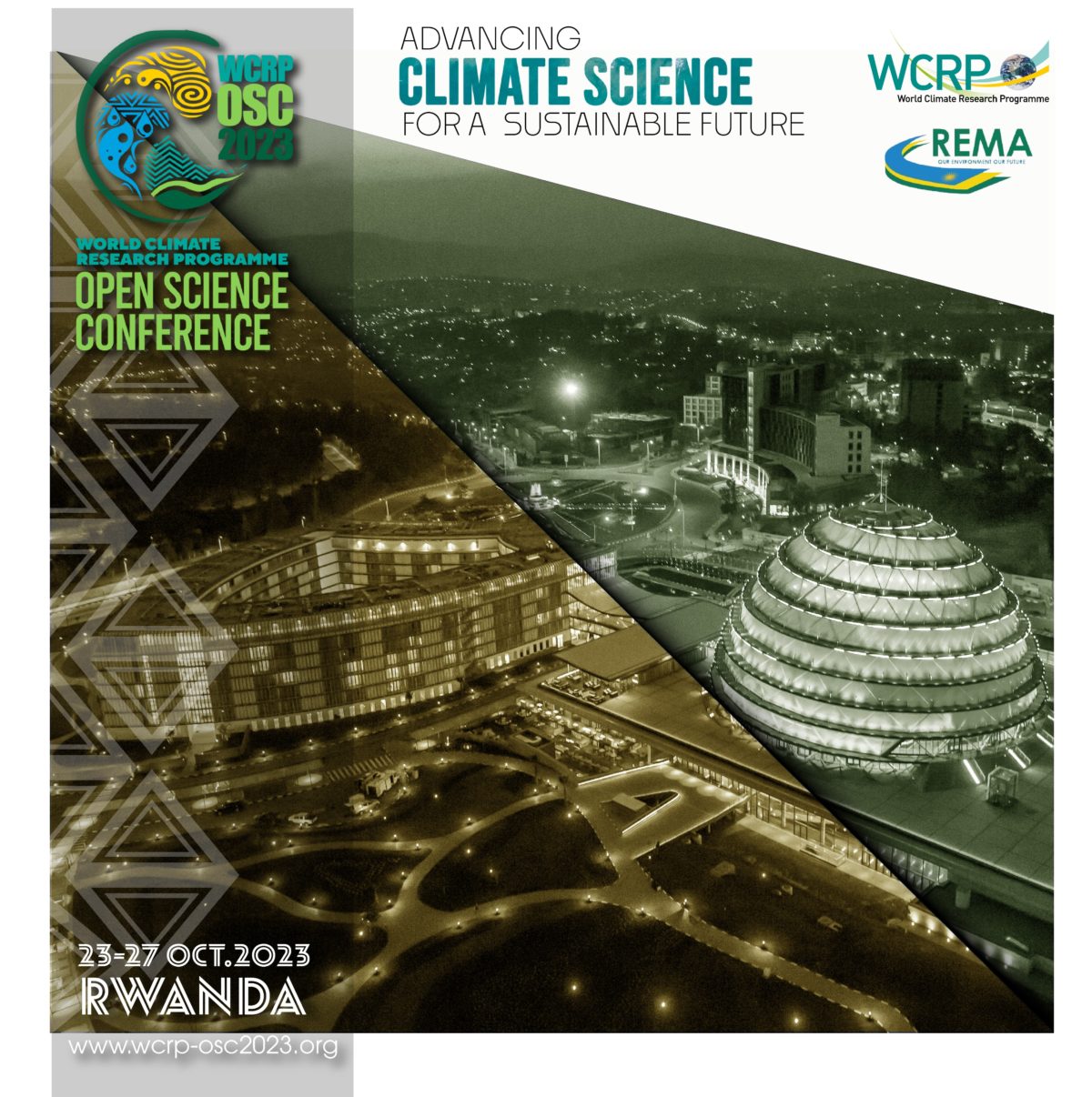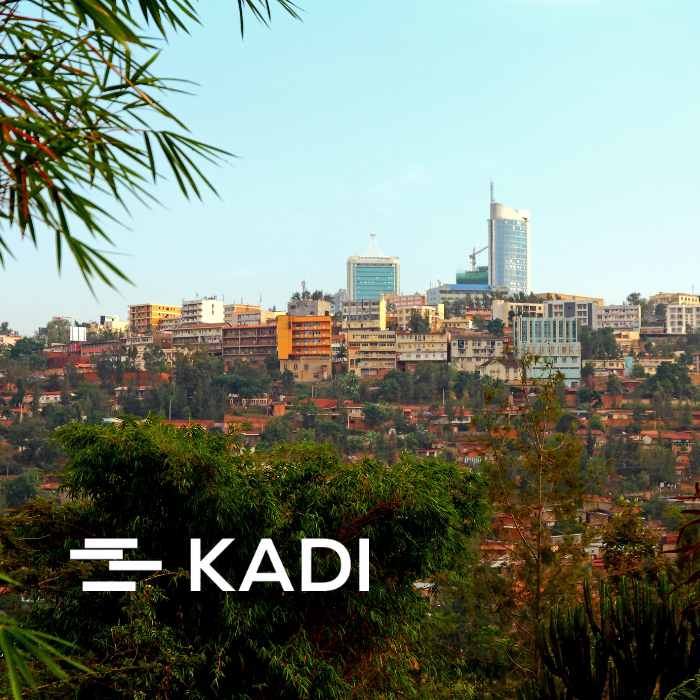12-15 August 2024
Regional Centre for Mapping of Resources for Development (RCMRD)
Nairobi, Kenya
AfriGEO is an initiative of the African Community in Group of Earth Observations (GEO) aimed at providing a coordination framework and platform for Africa’s participation in GEO. It aims to be a Pan African initiative to raise awareness and develop capacity in EO for governments, research organizations, academia, and the commercial sector; to provide a framework for strengthening partnerships and collaborations within Africa; to be a gateway into Africa for international partners, and to be a support mechanism for the implementation of GEO objectives and programmes in Africa in line with the GEO-Post 2025 Strategy.
The 8th AfriGEO Symposium focuses on AfriGEO’s priority topics:
- Agriculture, Food Security, Soil Moisture and Agricultural Outreach Support
- Biodiversity, Land degradation and Sustainable Forest Management
- Land Cover for Africa, Land administration, Sustainable Urban Development
- Blue economy and Water Resource Management
- Climate Services and Adaptation
- Health, air quality and Disaster Management
- Innovation, Data and Infrastructure
KADI project in Plenary Session “Data & Infrastructure: a roadmap to economic development”
KADI project is represented at the symposium by Dr. Theresia Bilola, project coordinator. Theresia is taking part in the plenary session on data and infrastructure on Wednesday 14th August as one of the panelists.
The session focuses on existing data infrastructure, and linkage between data access, data utilization and economic development in Africa. The existing data infrastructure programmes that exist in the various institutions in Africa and the envisaged outcome will also be discussed in the session. In addition, challenges and opportunities in data utilization in Africa will be identified.
Click here for more information about the event.
Are you in Nairobi for the symposium and would like to meet up to learn more about KADI project and climate research infrastructure developments in Africa? Get in touch with Theresia on Theresia.bilola(at)icos-ri.eu


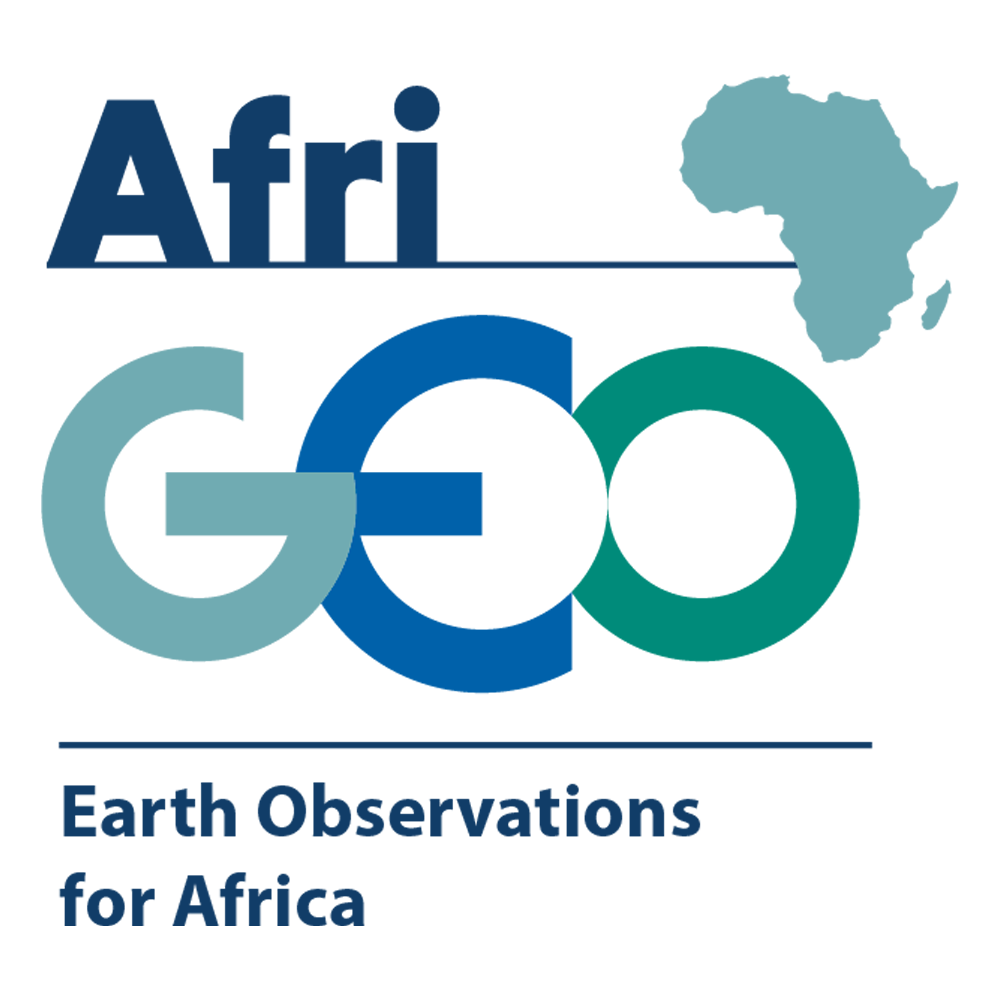

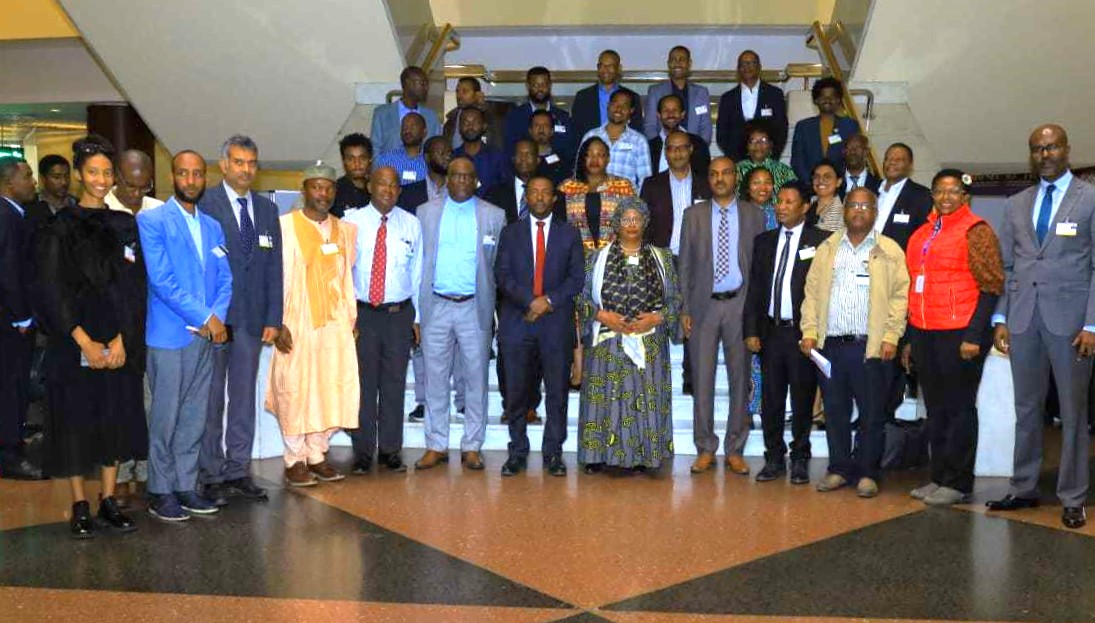
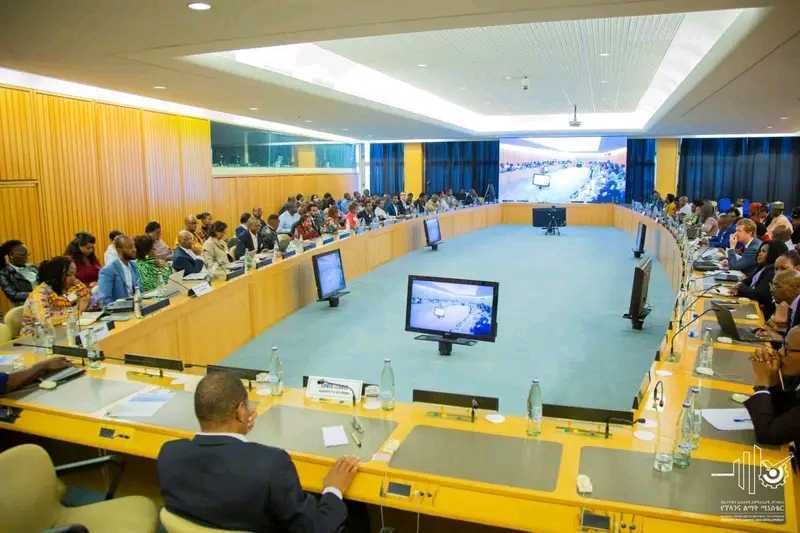 In the panel discussions the interventions, comments and highlights from the KADI representatives centered on the following:
In the panel discussions the interventions, comments and highlights from the KADI representatives centered on the following: